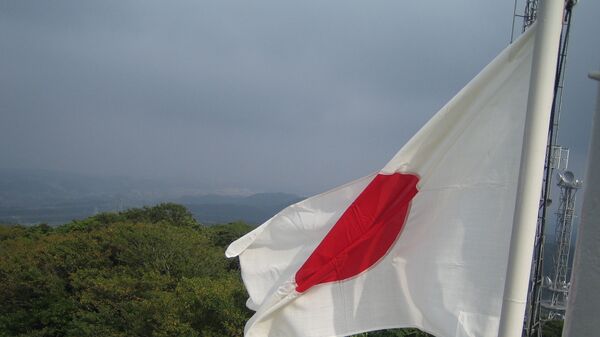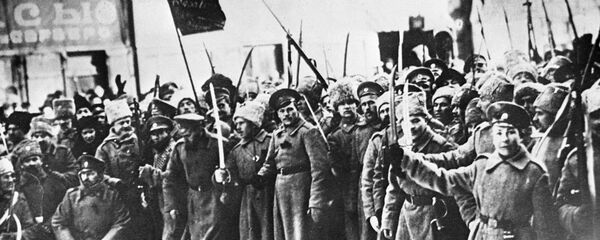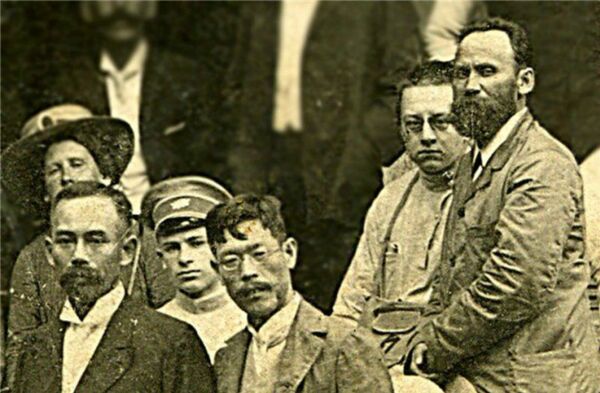Over a million people fled the country in the wake of this revolution and ensuing civil war, including noblemen, skilled professionals, business owners, faithful Christians and others who'd seen their property confiscated by Bolsheviks.
These refugees were predominantly from Russia's educated classes, and were known as white émigrés.
In an interview with Sputnik Japan, Professors Kazuhiko Sawada of Saitama University specifically mentioned Russian refugees Nikolai Matveev and Mikhail Grigoryev, who he said added significantly to Japanese culture.
"I began to study the history of 'white Russian immigration' in Japan about 20 years ago, when many facts on the matter were yet to be revealed. I found that many Russian immigrants helped each other despite the difficult situation. They made a great positive impact on Japanese society and culture, which prompted me to tell more about their achievements," Sawada said.
He praised Matveev and Grigoryev as the two Russians who had left the most noticeable trace in the history of Japan.
Nikolai Matveev, who was born in the city of Hakodate in Hokkaido in 1865, is thought to be the first Russian to have been born in Japan. After his father's death he returned to Russia, where he became a member of the Constitutional Democratic Party.
In 1919, Matveev emigrated to Japan, fearing for his life amid political upheavals in Russia. In Japan, he founded a Russian publishing house, and was also engaged in the sale of old books in order to make ends meet. He was highly respected by his Japanese friends, who even paid for his treatment when he fell ill. Matveev died in 1941 at the age of 75.
As for Mikhail Grigoryev, he was widely known for his brilliant knowledge of the Japanese language. He started to study it when he was in a military school in the Russian city of Chita in Siberia.
In 1920, he had to move to Japan, where he married a Japanese woman and became a citizen. In 1938, he moved to the Chinese city of Harbin, where he worked at the South Manchuria Railway Company Office.
Kazuhiko Sawada says that he is going to continue his research into the lives of Russian refugees in Japan.
"Following the footsteps of Russian immigrants has proved to be a very profound and interesting task," he said, touting history as a kind of reflection of ordinary human relationships.





